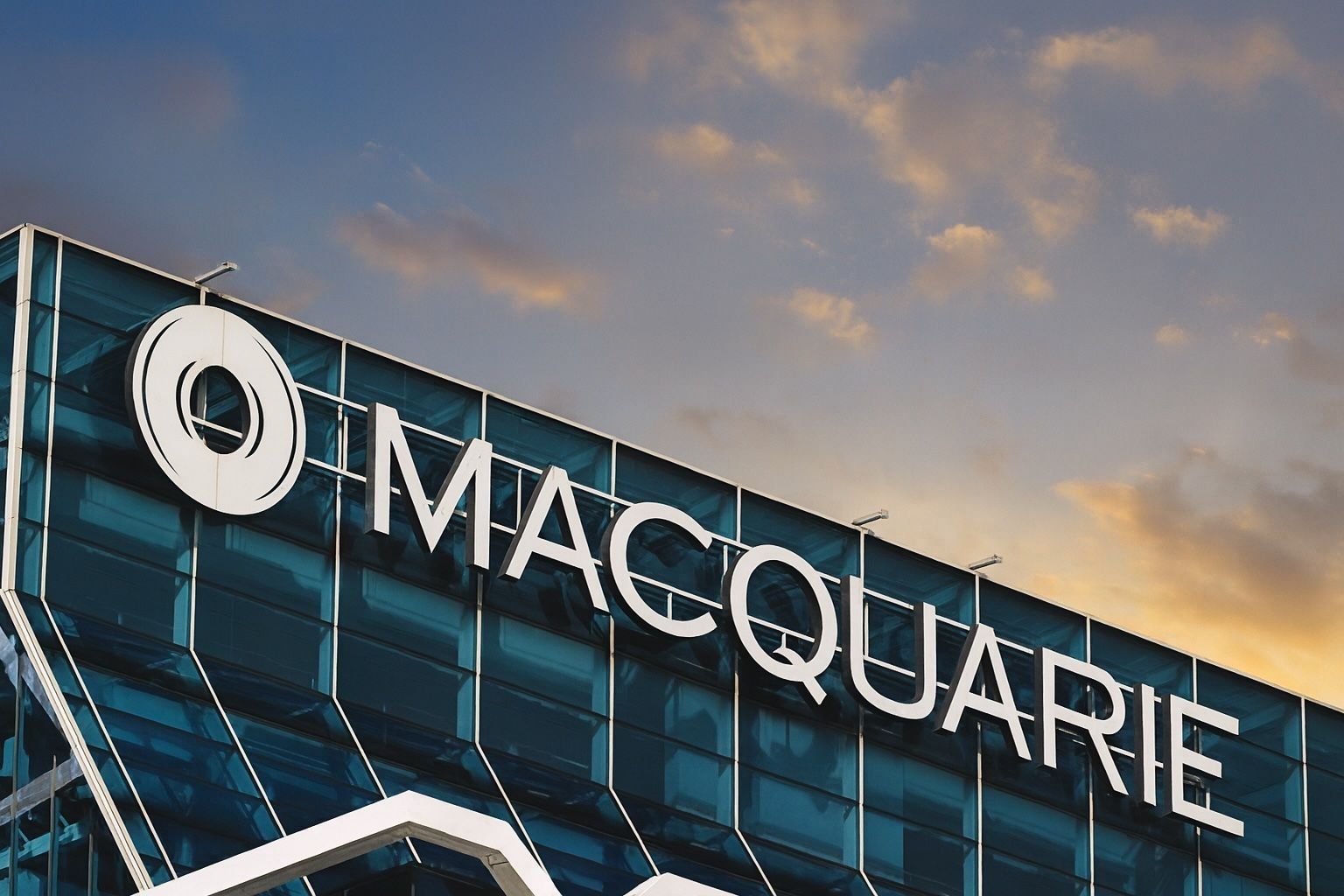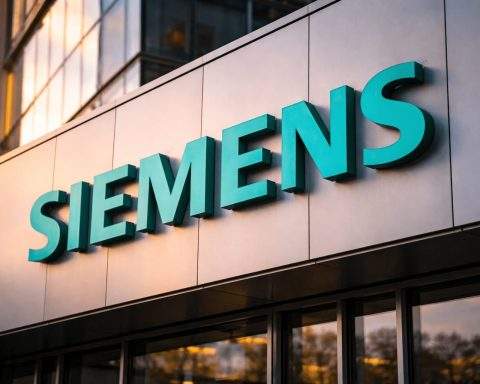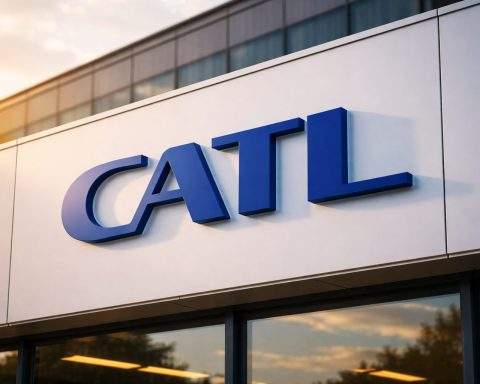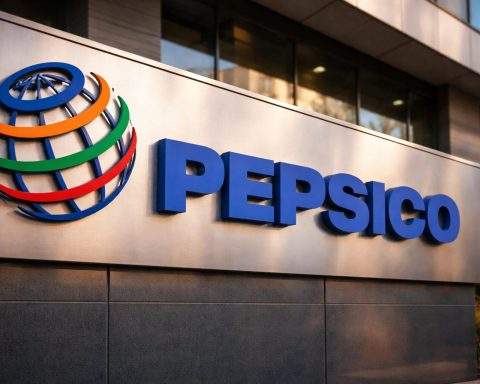Sydney — November 24, 2025 — Macquarie Asset Management has lobbed a conditional A$11.6 billion bid for Qube Holdings, in a move that could reshape Australia’s ports and logistics landscape and add another marquee asset to Macquarie Group’s vast infrastructure portfolio.1
Qube, Australia’s largest integrated provider of import and export logistics services, confirmed it has signed a process and exclusivity deed with Macquarie Asset Management (MAM) after receiving a non‑binding proposal to acquire all its shares at A$5.20 in cash per share via a scheme of arrangement.1
The offer implies an enterprise value of about A$11.6 billion (US$7.5 billion) and follows an earlier unsolicited approach from MAM at a lower price.1
Deal at a Glance: Price, Premium and Valuation
Under the proposal, Macquarie Asset Management would pay A$5.20 cash per Qube share, representing:1
- A 27.8% premium to Qube’s last closing price of A$4.07 on Friday, 21 November 2025
- A 24% premium to the volume‑weighted average price (VWAP) since Qube’s FY25 results on 21 August (A$4.19)
- A 45.2% premium to the last close after adjusting for the value of Qube’s 50% stake in Patrick Terminals, based on an estimated Patrick enterprise value of ~A$7 billion (100% basis)
The A$11.6 billion price tag implies an EV / FY25 EBITDA multiple of around 14.4x on Qube’s proportionally consolidated EBITDA of roughly A$806 million, including its share of Patrick Terminals’ debt.1
Importantly for income‑focused shareholders, the proposal allows for a haircut if Qube pays further dividends before completion — the A$5.20 offer price would be reduced by the amount of any future dividends.1
The transaction would be implemented via a scheme of arrangement, a court‑supervised process commonly used for large Australian takeovers, which requires:
- Approval by Qube shareholders (typically 75% of votes cast and a majority in number)
- Court approval
- Satisfying regulatory and other conditions
At this stage, the offer is non‑binding and indicative — not yet a firm takeover bid.1
Qube Board Backs Process, Signals Support for a Binding Offer
Qube’s board has agreed to a process and exclusivity deed with MAM, giving the bidder exclusive access to detailed due diligence until 1 February 2026.1
After assessing the proposal, directors have:
- Determined it is appropriate to enter into the process deed
- Confirmed that they intend to unanimously recommend any binding scheme at A$5.20 per share or higher
- Said they will vote, or procure voting of, all shares they control in favour of such a scheme —
provided that:- No superior proposal emerges
- An independent expert concludes (and continues to conclude) the deal is in shareholders’ best interests
- A binding scheme implementation agreement is signed on terms satisfactory to Qube
These intentions mirror wording in Qube’s ASX announcement and have been highlighted across local business media coverage.1
Qube’s chairman John Bevan described MAM’s approach as a reflection of the strength of Qube’s business, assets and people, and said the company would continue to engage “constructively” on behalf of shareholders.1
Exclusivity: How the Process Deed Favors Macquarie
The process deed doesn’t make the offer binding, but it does give Macquarie a powerful head start. Key features include:1
- Exclusivity period through to 1 February 2026, during which MAM alone gets access to extended due diligence
- “No shop” clause: Qube cannot actively solicit competing proposals
- “No talk” and “no due diligence” clauses: Qube must not negotiate with or open data rooms to rival bidders, except in limited circumstances
- Notification obligations: Qube must promptly tell MAM if it receives a competing proposal and share material details
- Matching right: If a superior offer appears, Qube must give MAM five business days to match or beat it before changing its recommendation
There is a fiduciary carve‑out: after a certain period and data‑room conditions are met, Qube’s board can engage with an unsolicited superior proposal if refusing to do so would likely breach its directors’ duties.1
In short, Macquarie is in the box seat — but not yet over the line.
Why Qube Is in Demand
Qube has long been considered a strategic Australian infrastructure play, sitting at the crossroads of trade, freight and supply chains.
According to its FY25 results, Qube:2
- Is Australia’s largest integrated provider of import and export logistics services
- Operates across ports, bulk logistics, rail, warehousing and container services
- Has a footprint spanning more than 200 locations across Australia, New Zealand and South‑East Asia
- Owns 50% of Patrick Terminals, a major container terminal operator at key Australian ports
Financially, Qube is coming off a record year:
- Underlying revenue: A$4.46 billion, up 27.3% year on year
- Underlying EBITA: A$377.2 million, up 18.5%
- Underlying NPATA: A$288.0 million, up 6.2%
- Dividend: 9.8 cents per share, up 7.1% on FY24
Management highlighted improving margins, stronger returns on capital and contributions from acquisitions in energy, agri and rail logistics.2
For infrastructure investors hungry for long‑life, inflation‑linked assets exposed to trade and population growth, Qube is a textbook target.
Why Macquarie Wants Qube
Macquarie Group has built a reputation as one of the world’s largest and most sophisticated infrastructure asset managers, with deep experience in transport, energy and social infrastructure.3
Qube offers Macquarie’s asset management arm a number of strategic attractions:
- Core infrastructure exposure
- Long‑term contracts with blue‑chip customers in ports, bulk and rail
- Critical logistics assets that are difficult to replicate
- Scale and diversification
- Exposure across multiple commodities, customer types and geographies
- Complementary to Macquarie’s existing infrastructure portfolio, without being overly cyclical
- Embedded growth options
- Capacity to lift utilisation of rail, terminals, warehousing and logistics corridors
- Potential for operational improvements and capital recycling
- Patrick Terminals stake
- Qube’s 50% interest in Patrick, valued at roughly A$7 billion on a 100% basis in Qube’s materials, is itself a trophy asset.1
By taking Qube private, MAM could seek to deploy additional capital into expansion projects and efficiency programs away from the short‑term pressure of public markets, while capturing steady cash yields for its funds and clients.
Market Reaction: Qube Shares Jump, but Still Trade Below Offer
Investors wasted no time repricing Qube after the announcement.
- Before the bid: Qube closed at A$4.07 on Friday, 21 November 2025.4
- After the news broke:
Despite the sharp rally, the stock is still trading at a discount to the A$5.20 offer price. That gap reflects the market’s view that:
- The proposal remains conditional and non‑binding
- Regulators such as the Foreign Investment Review Board (FIRB) and the Australian Competition and Consumer Commission (ACCC) must still sign off
- There is always a chance the parties fail to reach a binding scheme implementation agreement
In other words, the market is pricing in deal risk — typical in large, leveraged infrastructure transactions, especially where competition and foreign investment approvals are involved.1
Regulatory and Competition Hurdles
The proposed takeover will face scrutiny on several fronts:1
- Foreign Investment Review Board (FIRB)
- Will assess the bid’s implications for national interest, given the strategic nature of ports, freight and supply‑chain infrastructure.
- Australian Competition & Consumer Commission (ACCC)
- Likely to examine impacts on competition in container terminals, logistics and related markets, particularly given Qube’s stake in Patrick Terminals and its broad operations in ports and freight.
Although Macquarie is a local group, many of MAM’s underlying funds have substantial foreign investor participation, so the deal is not simply a domestic reshuffle of assets.
The ASX announcement also lists standard conditions: no material adverse change in Qube’s business, satisfactory due diligence outcomes and final approvals from both boards.1
What Happens Next?
Barring surprises, the next phase of the process looks roughly like this:1
- Exclusive due diligence (to 1 February 2026)
- MAM digs deeper into Qube’s books, operations and forecasts.
- Negotiation of a Scheme Implementation Agreement
- If due diligence is satisfactory, the parties aim to sign a binding deal setting out the final terms and timetable.
- Regulatory review
- Filings with FIRB and ACCC, and potentially other regulators, are evaluated.
- Independent expert’s report
- An independent expert assesses whether the scheme is “fair and reasonable” (or in the “best interests”) for Qube shareholders.
- Shareholder vote and court approvals
- Qube shareholders vote on the scheme; if approved, the courts consider final orders to implement it.
Qube has told investors there is no certainty the current proposal will lead to a binding offer or completed transaction, and that shareholders do not need to take any action for now.1
What It Means for Investors and the Sector
For Qube shareholders, Macquarie’s A$5.20 proposal:
- Crystallises value after a strong FY25, at a substantial premium to recent trading levels
- Still carries execution risk — hence the current discount between the share price and the offer
- May flush out rival bids from other infrastructure or pension funds, although the exclusivity deed makes any competing approach more difficult in the near term
For the broader market, the move underscores three themes:
- Ongoing global appetite for Australian infrastructure
- Ports, rail and logistics remain hot property for long‑term investors seeking relatively predictable cash flows.
- Private capital’s willingness to pay up for quality
- A 14‑plus‑times EBITDA multiple and rich premiums to prevailing prices reflect how sought‑after strategic logistics assets have become.1
- ASX as a hunting ground for global funds
- Qube joins a growing list of mid‑to‑large cap Australian infrastructure and industrial companies targeted by offshore and local private capital pools.
As always, individual investors should consider their own circumstances and seek professional advice before making decisions based on takeover speculation or arbitrage opportunities.






